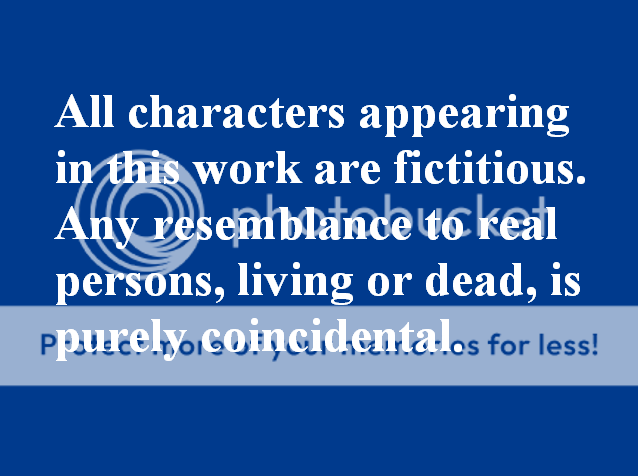According to the bible god is the one who gave us free will, so in a way its true...
God gave us free will so your ethics are your own. It is when you try to impose them on others that there's a problem.
God gave us ethics to follow. Free will is our choice to follow them or not. Proverbs is full of ethics.
He gave us rules. If it makes you feel better to word it that way have at it.

